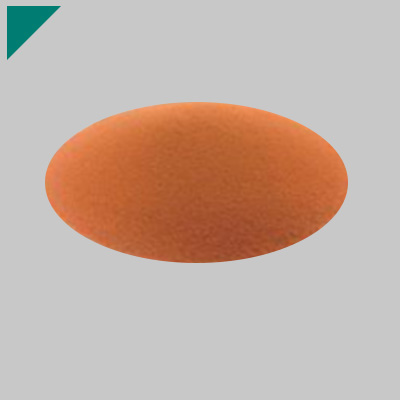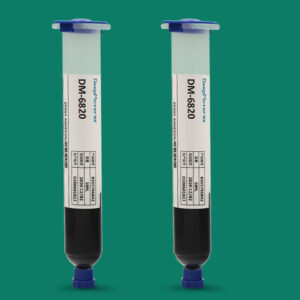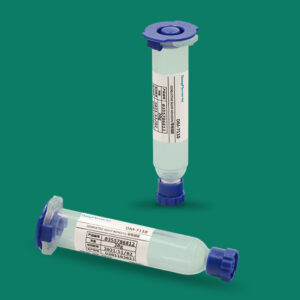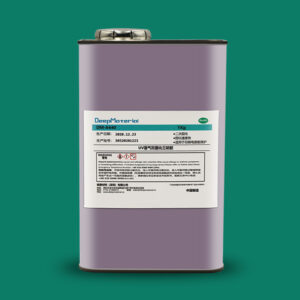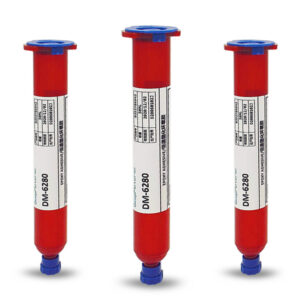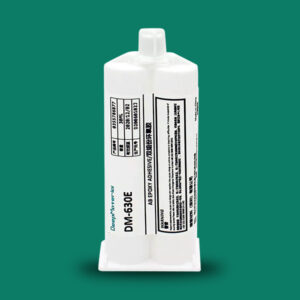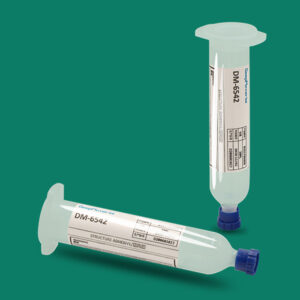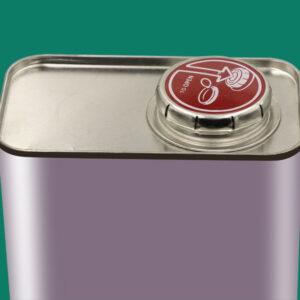The definitive guide to better Composite Bonding Adhesives.
The definitive guide to better Composite Bonding Adhesives.
In today’s industrial environment, many superior materials are produced as a result of merging two or more different elements. Known as composite materials, they usually have superior characteristics in comparison to those of the individual parent elements. With composite materials, many problems industrial design problems are easily solved. However, one problem with composite materials is that they are not easily joined together. To achieve this groundbreaking feat, composite adhesives are used.
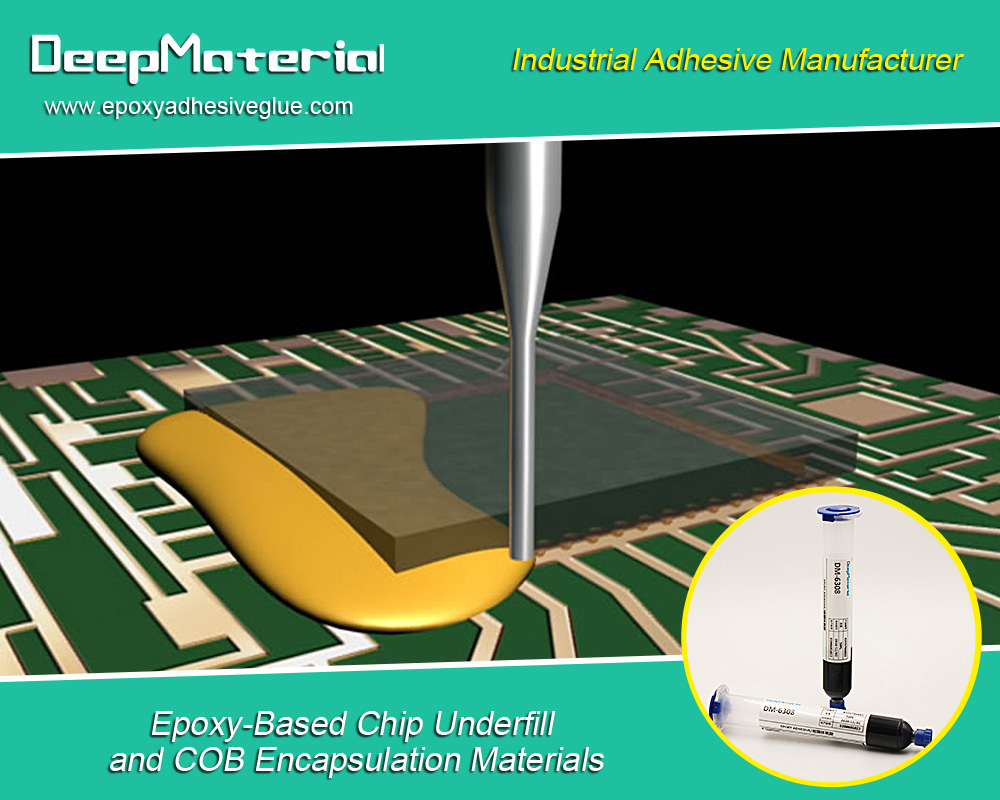
What are composite bonding adhesives?
Composite bonding adhesives are specially formulated glues that are used industrially to bond two or more dissimilar materials. The composite product usually has superior quality and can be used in numerous applications. The use of adhesives for bonding composite materials means that these products can be applied in various conditions and environments without a deterioration in the adhesive bond. Composite materials come with increased flexibility, efficiency, durability, and strength which is usually better than their individual constitute components. The use of adhesives to bond these materials means that manufacturers can enhance their builds by using composite materials.
Adhesives for composite bonding
When two different or dissimilar materials are brought together to form a new product, this is called composite bonding. The best type of composite bonding product is the use of adhesives. Since many composite materials are made to be used in various applications, this is also applied to adhesives. Adhesives are produced to meet specific requirements of various properties. They can also be used to achieve different product requirement targets.
Adhesive manufacturers produce various types of glues for industrial use. Composite bonding adhesives are high-performance glues that are essential when it comes to producing composite products. These adhesives are made from cutting-edge formulations that help to bond fibre composites to each other as well as other various substrates. Adhesives for composite bonding are very versatile and can be made in various physical forms such as pastes, liquids, and fine films – this way, they can easily meet the various industrial glueing requirements. Composite bonding adhesives are formulated in such a way that their mechanical strength is the highest in any commercially-available industrial glue. They are also designed to produce unrivaled performance especially when they are subjected to harsh and extreme conditions.
Composite bonding adhesives: Performance properties
Composites have a unique nature and structure that makes them extremely valuable for highly technical applications that need higher strength and lightweight. On application, the composite bonding adhesives produce interfaces that exhibit a wide variety of outstanding properties. Fully bonded interface with composite adhesives usually shows remarkable fracture/impact toughness, and compressive, tensile, creep, shear, and stress fracture capabilities. Other important properties of composite bonding include resistance to mechanical shock, chemicals, cryogenic shock, and thermal cycling. They also have exceptional electrical insulation, low shrinkage properties, and 100% serviceability with very high/low temperatures.
Using adhesives for composite: The importance of surface preparation
Many types of composites are used in industrial applications. These include Kevlar, glass fibre, carbon fibre, graphite-reinforced composites, metal, and so on. Many of these substrates can be bonded very easily. But to ensure proper surface bonding without future failures, it is essential to prepare both surfaces. In many industrial applications, many composites come coated with gel coats or mould-release elements. This inhibits their ability to bond properly with other substrates. Therefore, it has to be ensured that all surfaces to be bonded are free from contaminants. To complete this action, both surfaces will need to be degreased. To further enhance the bond strength of both surfaces, something called mechanical abrasion is carried out on each planar face. But while being abraded, special care should be taken to avoid damage or exposure to the composite materials.
Some typical applications for composite bonding adhesives
Composite bonding adhesives are industrial glues that are used to glue together two or more dissimilar materials. They are produced to have specific performance criteria that are suitable for unique applications that require the use of composite materials. These adhesives have been applied successfully to a wide range of industries such as construction, aerospace, optical, medical, electronic, electrical, manufacturing, and so on. In industrial environments, composite materials are used in different applications which include:
- Aerospace: They are sued in cryogenic tanks, fuselages, and wings.
- Chemical:They are used in water treatment products, tanks, and pipes.
- Marine:They are used in bows, keels, and interior mouldings.
- Automotive:They are used in brakes, frames, and panels.
- Energy:They are used in oil risers, fuel cells, and turbine blades.
- Railway: In railways, composite adhesives are used in platforms, track beds, and interiors.
- Architecture:They can be used in tubes, windows, and roofs.
Bonding composite materials with adhesives
Composite materials are properly bonded when you use adhesives. The use of industrial glues in bonding composite materials is generally preferred over traditional methods. Mechanical fastening and welding are traditional techniques for bonding that come with inherent disadvantages. They are known to weaken and damage composite materials. Due to this, adhesives are much preferred as used for bonding composites in industrial applications. They are widely applied in various areas such as rail, wind, automotive, and aerospace. The use of adhesives to bond composite materials provides such advantages as shock absorption, improved aesthetics, minimal galvanic corrosion, and bonding of dissimilar materials/substrates. If done properly (with the right conditions in place) using adhesives to bond composite materials can result in an aesthetic, lightweight, and strong product.
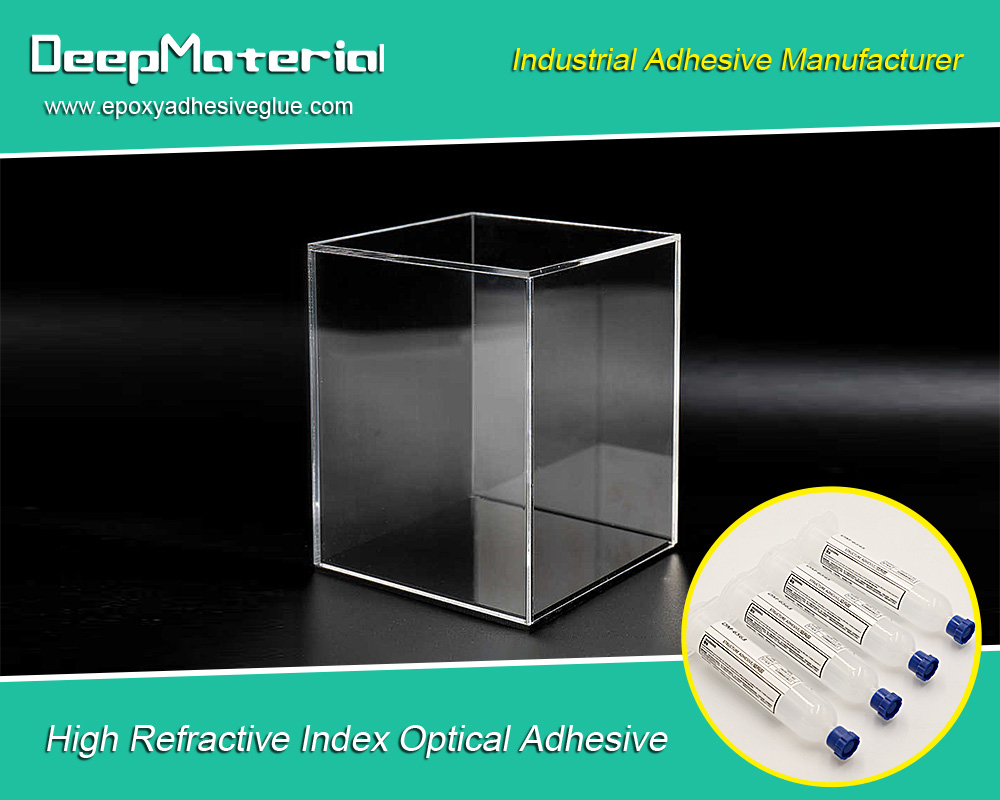
The Adhesives used to bond composites
When it comes to adhesives used to bond composite materials in industrial applications. There are several options. These include:
- Epoxies: When it comes to commonly used adhesives for composite material bonding, Epoxy adhesives are generally used. They are known for proving a remarkable degree of durability and excellent bonding strength.
- Acrylics: They are known for producing fast-setting adhesive bonds with a characteristic high strength. Due to their ability to feel surface gaps, they are used primarily for bonding two or more dissimilar surfaces.
- Urethanes:Urethanes are also commercial adhesives that are used to bond composite materials. They are known for their remarkably durable bonds. You can use flexible urethanes to provide durable bonds between composite materials.
- Polyurethanes:Polyurethane adhesives are useful industrially when it comes to bonding large dissimilar panels. For example, a car bonnet is made up of two composite panels. Adhesives like polyurethanes help ensure that these panels are glued together and held in place.
For more about choosing the definitive guide to better composite bonding adhesives, you can pay a visit to DeepMaterial at https://www.epoxyadhesiveglue.com/category/epoxy-adhesives-glue/ for more info.



